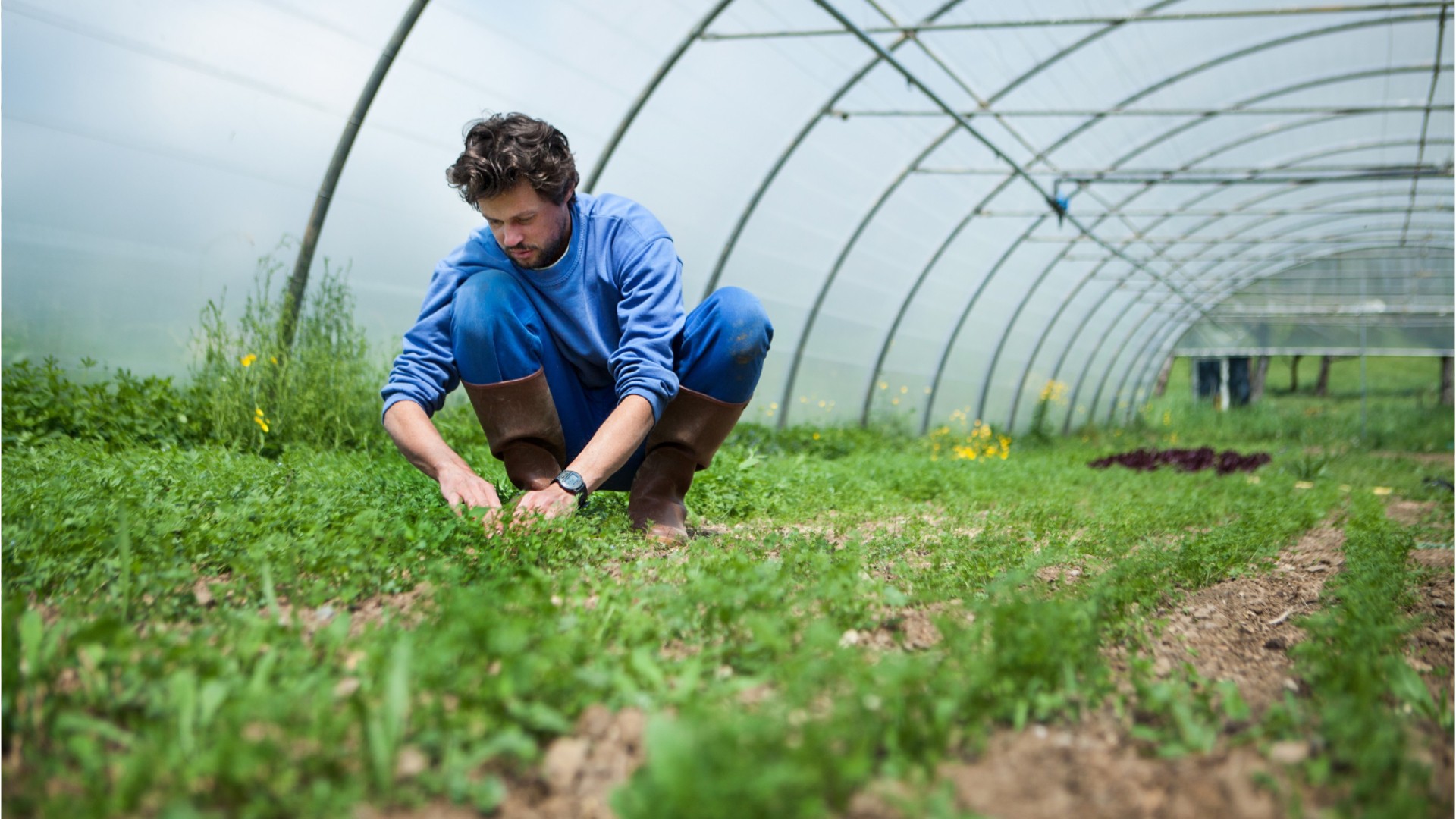Agricultural Technicians
Agricultural Research Technician (Agricultural Research Tech), Agricultural Technician (Agricultural Tech), Agriculture Assistant, Seed Analyst
 Select a military branch to see samples.
Select a military branch to see samples.
Pest Management; Pest Management Apprentice; Pest Management Craftsman; Pest Management Helper; Pest Management Journeyman; Public Health Officer; Public Health Officer, Medical Entomologist
Animal Care Specialist; Entomology; Food Safety Officer; Intelligence Analyst; Medical Service Corps Officer; Preventive Medicine Sciences; Unit Supply Specialist; Veterinary Food Inspection Specialist
No similar titles were found.
No similar titles were found.
Entomologist; Preventive Medicine Officer (Aerospace); Preventive Medicine Technician
No similar titles were found.
What they do:
Work with agricultural scientists in plant, fiber, and animal research, or assist with animal breeding and nutrition. Set up or maintain laboratory equipment and collect samples from crops or animals. Prepare specimens or record data to assist scientists in biology or related life science experiments. Conduct tests and experiments to improve yield and quality of crops or to increase the resistance of plants and animals to disease or insects.
On the job, you would:
- Prepare land for cultivated crops, orchards, or vineyards by plowing, discing, leveling, or contouring.
- Operate farm machinery, including tractors, plows, mowers, combines, balers, sprayers, earthmoving equipment, or trucks.
- Record data pertaining to experimentation, research, or animal care.
Knowledge
Manufactured or Agricultural Goods
- food production
Math and Science
- biology
- chemistry
Engineering and Technology
- mechanical
Business
- management
Skills
Basic Skills
- reading work related information
- listening to others, not interrupting, and asking good questions
Problem Solving
- noticing a problem and figuring out the best way to solve it
Abilities
Verbal
- communicate by speaking
- listen and understand what people say
Ideas and Logic
- notice when problems happen
- use rules to solve problems
Math
- add, subtract, multiply, or divide
- choose the right type of math to solve a problem
Personality
People interested in this work like activities that include practical, hands-on problems and solutions.
They do well at jobs that need:
- Attention to Detail
- Dependability
- Integrity
- Perseverance
- Achievement Orientation
- Cautiousness
Technology
You might use software like this on the job:
Electronic mail software
- Email software
- Microsoft Outlook
Presentation software
- Microsoft PowerPoint
Spreadsheet software
- Microsoft Excel
Education
Education: (rated 3 of 5)
high school diploma/GED or
bachelor's degree
usually needed
bachelor's degree
usually needed
Get started on your career:
Find Training
Find Licenses
Apprenticeship.gov
Job Outlook
Average
New job opportunities are likely in the future.
Explore More
- Agricultural Engineers
- Biological Technicians
- Farmers, Ranchers, & Other Agricultural Managers
- Food Science Technicians
- Precision Agriculture Technicians
You might like a career in one of these industries:
See more details at O*NET OnLine about Agricultural Technicians.






